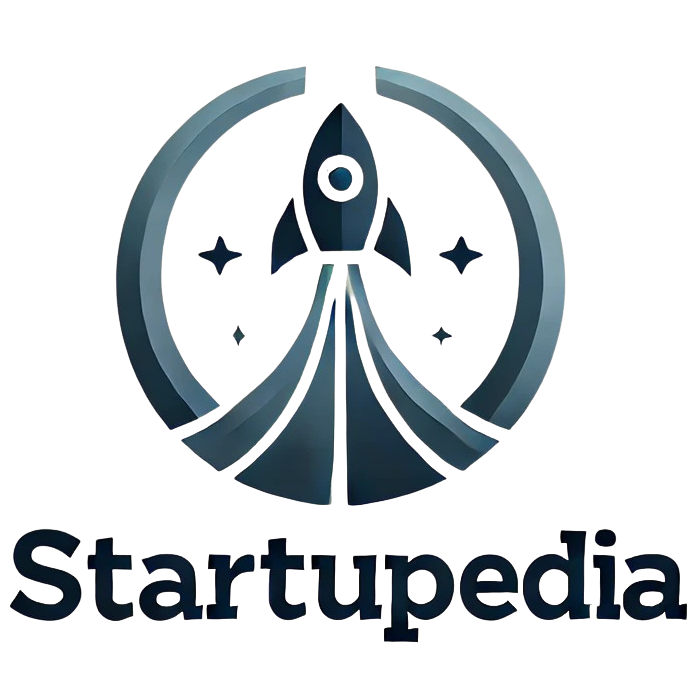Business-to-Consumer (B2C)
Business-to-consumer (B2C) refers to the process of selling products and services directly from businesses to individual consumers for personal use. It is a prevalent business model in both physical and digital marketplaces, encompassing transactions such as retail purchases, online shopping, and subscription services. B2C transactions typically involve a business providing goods or services to an end-user or consumer, contrasting with business-to-business (B2B) models, which involve transactions between businesses.
Overview
In the B2C model, businesses target individual consumers as their primary customers, focusing on meeting personal needs and preferences. This model is characterized by direct interaction between the business and the consumer, often through retail stores, e-commerce platforms, or direct marketing channels. B2C businesses aim to create seamless customer experiences, leveraging strategies such as personalized marketing, user-friendly interfaces, and efficient customer service to drive sales.[1]
The rise of digital technology has significantly transformed B2C commerce, with e-commerce platforms enabling businesses to reach global audiences. Companies like Amazon, Walmart, and Alibaba exemplify large-scale B2C operations, offering a wide range of products through online marketplaces. Additionally, startups in the B2C space, such as direct-to-consumer (DTC) brands like Warby Parker and Glossier, have gained prominence by focusing on niche markets and leveraging digital marketing.[2]
History
The B2C model has historical roots in traditional retail, where merchants sold goods directly to consumers in physical marketplaces. The Industrial Revolution in the 19th century facilitated mass production, enabling businesses to scale B2C operations through department stores and mail-order catalogues. The advent of the internet in the late 20th century revolutionized B2C commerce, introducing e-commerce as a dominant channel. By 2025, mobile devices accounted for a significant portion of B2C transactions, with approximately 96% of online adults using mobile handsets to access the internet, driving the growth of mobile commerce.[3]
Types of B2C Models
B2C commerce encompasses various sub-models, each catering to different consumer needs and business strategies:
- Online Retailing: Businesses sell products through e-commerce platforms, such as Amazon or eBay. This model emphasizes convenience and accessibility for consumers.
- Direct-to-Consumer (DTC): Startups bypass traditional retail channels to sell directly to consumers, often through their own websites or social media. Examples include Warby Parker and Casper, which focus on design-driven, digitally native brands.[2]
- Subscription Services: Companies offer recurring services or products, such as Netflix or Dollar Shave Club, providing convenience and predictable revenue streams.
- Marketplace Models: Platforms like Etsy or Alibaba connect multiple sellers with consumers, offering a diverse range of products.
- Service-Based B2C: Businesses provide services directly to consumers, such as ride-sharing apps like Uber or food delivery services like DoorDash.
Key Characteristics
B2C transactions are characterized by:
- Direct Consumer Focus: Businesses tailor their offerings to individual preferences, often using data analytics for personalized marketing.[1]
- Shorter Sales Cycles: Compared to B2B, B2C transactions typically involve quicker decision-making by consumers.
- High Competition: The B2C market is highly competitive, with businesses vying for consumer attention through branding, pricing, and customer experience.
- Digital Integration: The use of mobile apps, social media, and AI-driven recommendations enhances consumer engagement.[3]
Challenges and Trends
B2C businesses face challenges such as intense competition, evolving consumer expectations, and the need for robust digital infrastructure. In 2025, trends shaping the B2C landscape include:
- Mobile Commerce: The dominance of mobile devices in online shopping, with mobile apps accounting for a significant share of consumer time compared to web browsers.[3]
- Consumer Tech Renaissance: Cities like New York have seen a surge in B2C startups, particularly in fashion, beauty, and lifestyle sectors, driven by digitally native brands.[2]
- Venture Capital Investment: B2C startups continue to attract significant funding, with New York recording 441 venture capital deals totaling $7.1 billion in Q1 2025.[2]
- Innovative Technologies: Companies like Oura and Bose are integrating advanced technologies, such as wearable devices and hearables, to enhance consumer experiences.[4]
Impact of B2C Startups
Startups in the B2C sector have disrupted traditional retail by focusing on direct engagement with consumers. Notable unicorn startups, valued at over $1 billion, have emerged in the B2C space, leveraging innovative business models and technology.[5] For instance, Y Combinator-funded startups, such as those in consumer and enterprise sectors, have driven innovation in B2C markets.[6] Events like TechCrunch Disrupt highlight the role of B2C startups in shaping industry trends through competitions like Startup Battlefield.[7]
References
- ↑ 1.0 1.1 StartUpMindset (29 July 2025). "10 Examples of the (B2C) Business-to-Consumer Model". StartUpMindset. Retrieved 5 August 2025.
- ↑ 2.0 2.1 2.2 2.3 Business Insider (13 June 2025). "New York City Is Experiencing a Consumer Tech Renaissance". Business Insider. Retrieved 5 August 2025.
{{cite web}}:|last=has generic name (help) - ↑ 3.0 3.1 3.2 DataReportal (23 April 2025). "Digital 2025: Exploring Trends in Wikipedia Traffic". DataReportal. Retrieved 5 August 2025.
- ↑ Fast Company (18 March 2025). "The Most Innovative Companies in Consumer Electronics for 2025". Fast Company. Retrieved 5 August 2025.
- ↑ Wikipedia (5 June 2025). "List of Unicorn Startup Companies". Wikipedia. Retrieved 5 August 2025.
- ↑ Y Combinator (6 September 2023). "The YC Startup Directory". Y Combinator. Retrieved 5 August 2025.
- ↑ TechCrunch (21 July 2025). "TechCrunch". TechCrunch. Retrieved 5 August 2025.
{{cite web}}: Text "Startup and Technology News" ignored (help)
